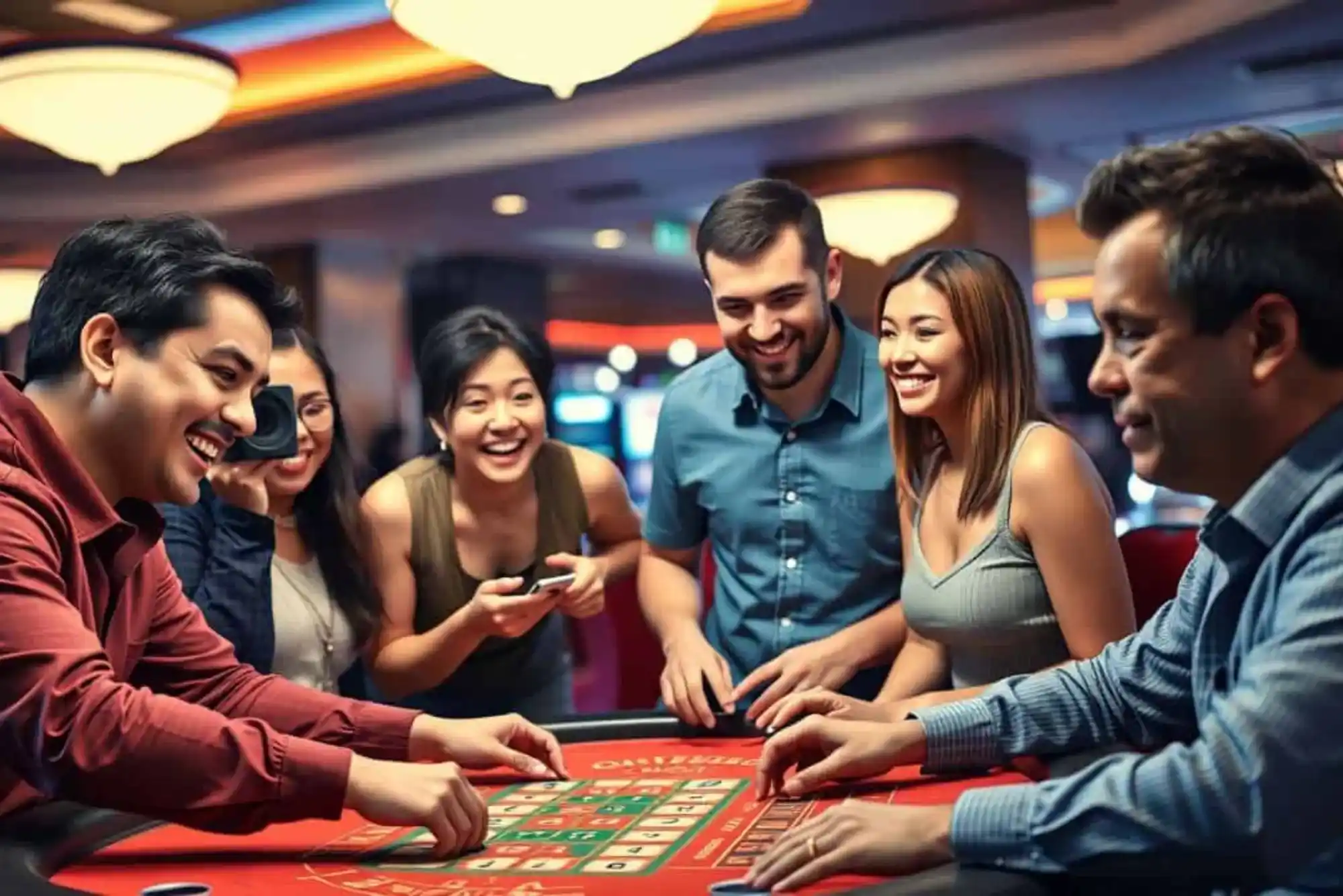Understanding the Myth of “Lucky” Days
Walk into any casino—or even browse an online gambling forum—and you’ll quickly find players convinced that certain days are “luckier” than others. They’ll swear by personal rituals, patterns they’ve noticed, or even a friend’s story about winning big on a Friday night. But is there any real science behind these so-called lucky days, or is it just another example of human psychology at play?
In truth, the concept of “lucky” days often comes down to a mix of probability, perception, and selective memory. Players tend to remember their wins far more vividly than their losses, so a single jackpot hit on a Saturday might stick in your mind for years, while dozens of losing Tuesdays fade into obscurity. This natural bias can make it feel like certain days are inherently more profitable, even when the statistics tell a different story.
What the Research Actually Says
Casino outcomes—whether in a slot machine, roulette spin, or card game—are determined by random number generators (RNGs) in digital games and by physical randomness in traditional games. This means every spin, hand, or roll is independent of the previous one, making the notion of a “lucky” day mathematically unsound.
That said, there is a fascinating psychological component. The atmosphere on certain days—like weekends—might make players feel more energized or confident, leading them to take bigger risks and play for longer periods. In online gambling, promotions and special events often fall on Fridays or Saturdays, which can coincide with bigger wins for some simply because they’re playing more.
Some experienced players I know prefer platforms with fast registration and privacy options, like no kyc casinos, not because they believe it affects luck, but because it gives them a smoother, more flexible playing experience. When you feel comfortable and relaxed while playing, your decision-making can improve, which might indirectly influence your results.
How Player Psychology Creates “Lucky” Patterns
The human brain is wired to look for patterns—even where none exist. This is called apophenia, and in the casino world, it can lead players to see “winning streaks” linked to certain days, hours, or rituals. If you’ve ever thought, “I always win more in the mornings,” you’re likely recalling the times you did win, while forgetting the many times you didn’t.
This selective recall is compounded by something known as the gambler’s fallacy—the mistaken belief that past outcomes influence future ones. For example, if you’ve been losing all day, you might believe a win is “due” in the evening. In reality, each game is still random, and no amount of bad luck earlier guarantees a turnaround later.
In my own play history, I once believed Thursday evenings were my “golden window” because of a streak of decent wins. After tracking my results over six months, the truth was obvious—Thursday wasn’t special; I just happened to play more focused and with a better bankroll strategy on those nights.
The Role of Environment and Mood
While pure luck is unaffected by the calendar, your own mental state can make a difference in how your session unfolds. If you’re tired, stressed, or distracted, you might make poor betting decisions, regardless of the day. Conversely, when you’re relaxed, alert, and in a good mood, you’re more likely to manage your bankroll wisely and stick to a winning strategy.
Casinos—both online and physical—often play into this by creating environments that feel more exciting on weekends or during holidays. They use music, lighting, bonuses, and even themed events to heighten your engagement. You might feel “luckier” in these moments simply because you’re more immersed in the experience.
Seasonal Trends and Special Events
While there’s no direct correlation between dates and odds, there can be indirect influences during certain times of the year. For example, holiday periods like Christmas or New Year’s often come with special promotions, bonus rounds, or tournaments. These events can temporarily improve your chances of hitting a win—not because of luck, but because of increased opportunities and incentives.
I’ve personally taken advantage of seasonal promotions where a slot’s free-spin frequency was boosted for a weekend event. The result? More frequent small wins, which gave me the impression the game was “hot” on that particular Saturday. Of course, it wasn’t luck changing—just altered game parameters for the promotion period.
Why Some Players Still Swear by Lucky Days
Even with all the science pointing to randomness, many players cling to the idea of lucky days because it adds an emotional layer to the game. Gambling is as much about experience as it is about numbers, and if believing in a lucky day enhances your enjoyment, there’s no harm—as long as you remain aware of the underlying reality.
In some cases, having a designated “lucky” day can even help with responsible gambling. By limiting play to specific days, you might naturally reduce your overall time and money spent, turning superstition into a form of self-control.
How to Play Smart—Regardless of the Day
If you want to improve your results at the casino, the key is not chasing lucky days but refining your approach:
Bankroll Management: Decide in advance how much you’re willing to risk and stick to it.
Game Knowledge: Learn the rules, strategies, and payout structures of the games you play most.
Emotional Control: Don’t let wins or losses dictate your next move—stick to your plan.
Tracking Results: Keep a simple log of your sessions to separate perception from reality.
I once used a spreadsheet to log 50 online slot sessions over two months, noting the day and result. The distribution of wins and losses was completely random, reinforcing the reality that my previous belief in “lucky Mondays” was purely psychological.
The Bottom Line
There’s no mathematical basis for lucky days in casinos. Each spin, roll, or deal is independent, and the odds remain constant regardless of the date or time. However, your perception of luck can be shaped by personal experiences, mood, promotions, and even environmental factors.
If believing in a lucky day makes your gaming experience more enjoyable without affecting your decision-making, then it can be part of your personal ritual. But if you’re serious about improving your odds, focus on what you can control—your strategy, bankroll, and mindset—rather than the date on the calendar.








